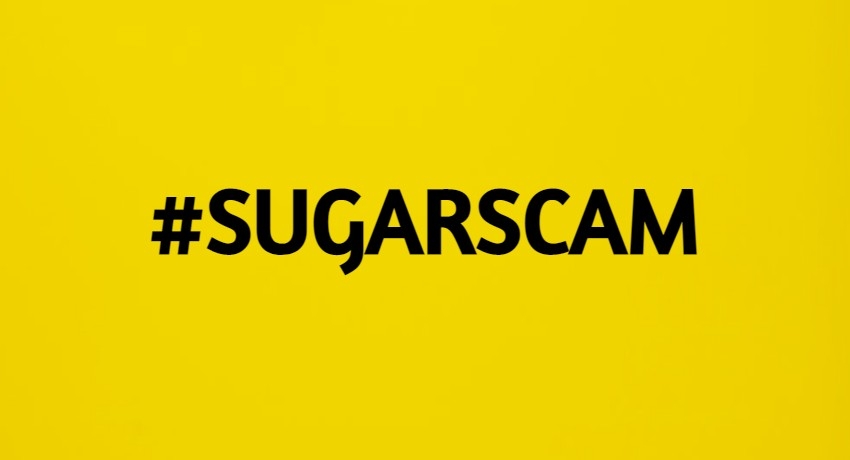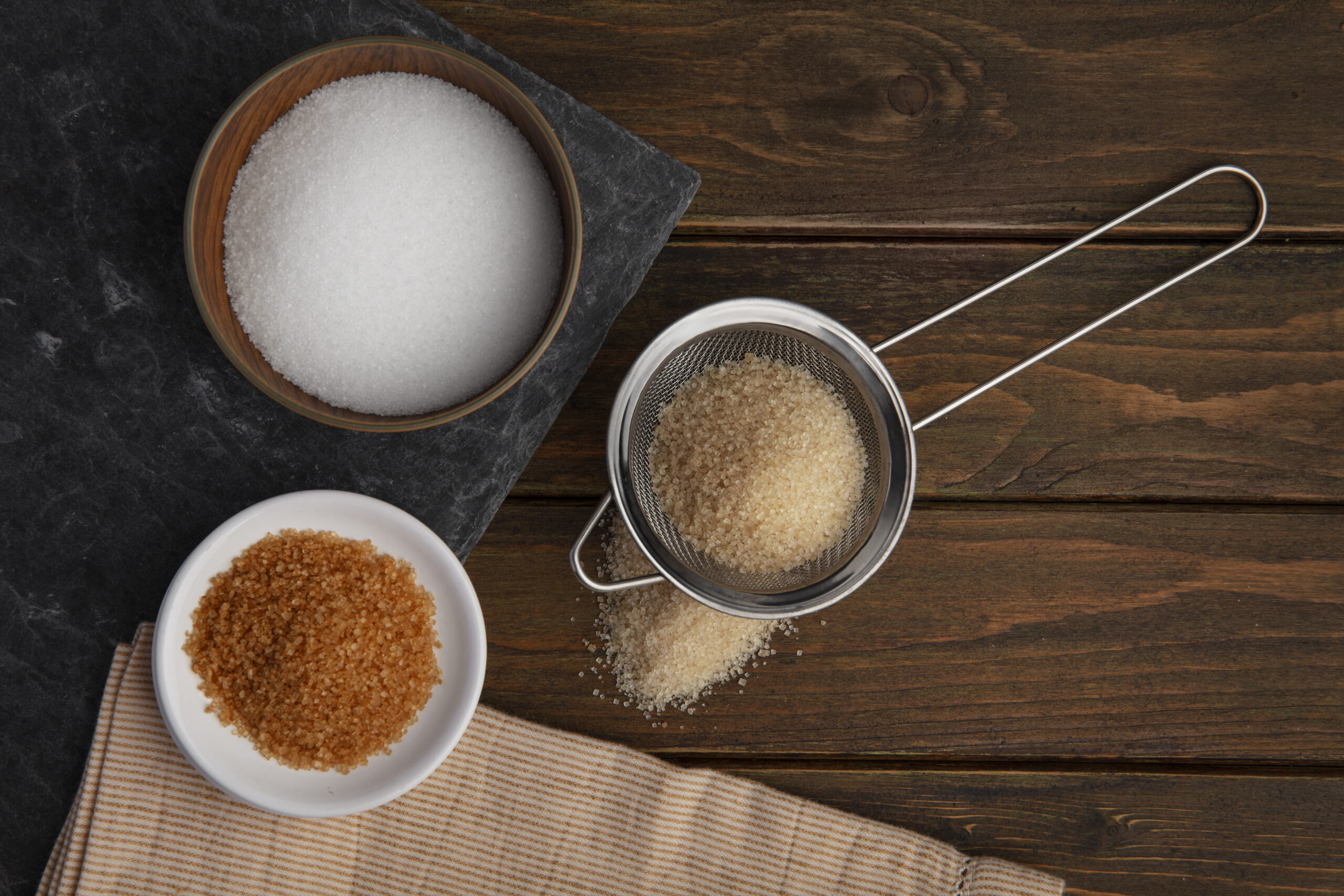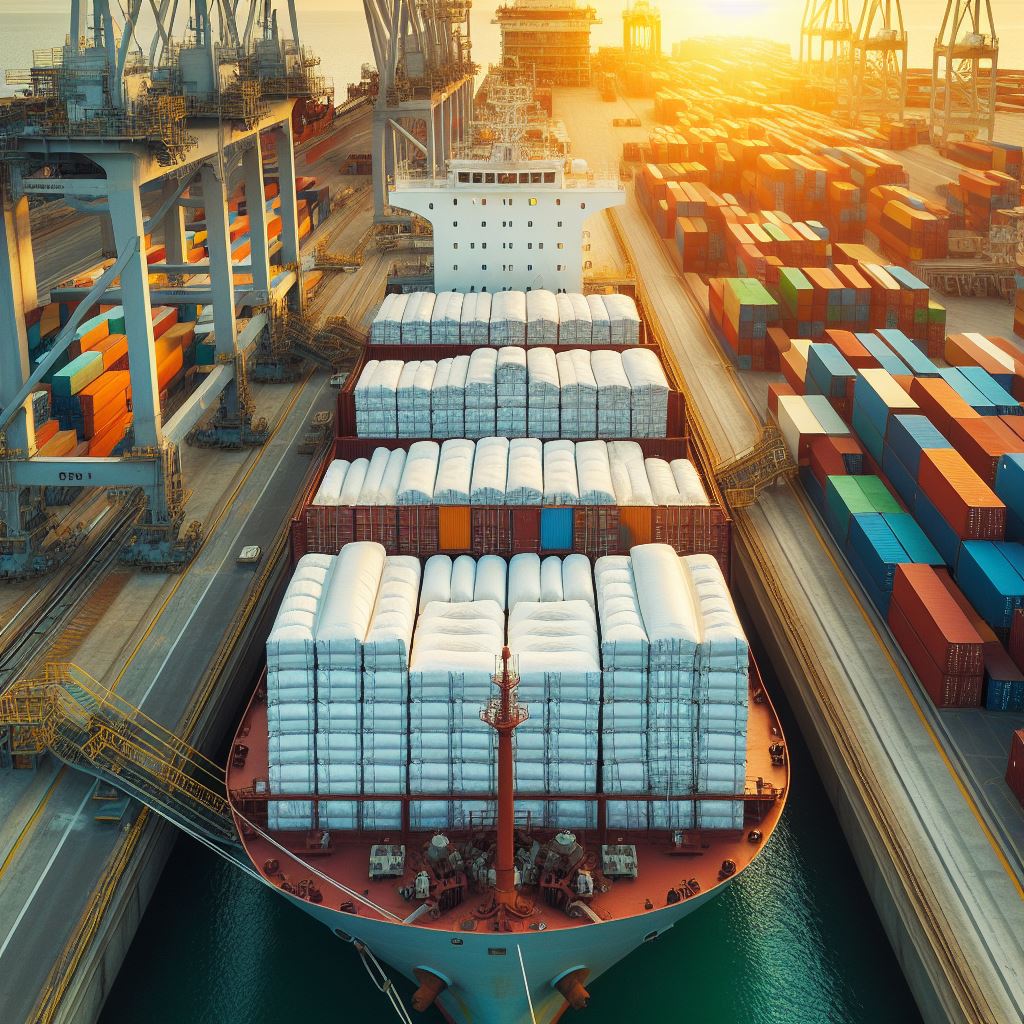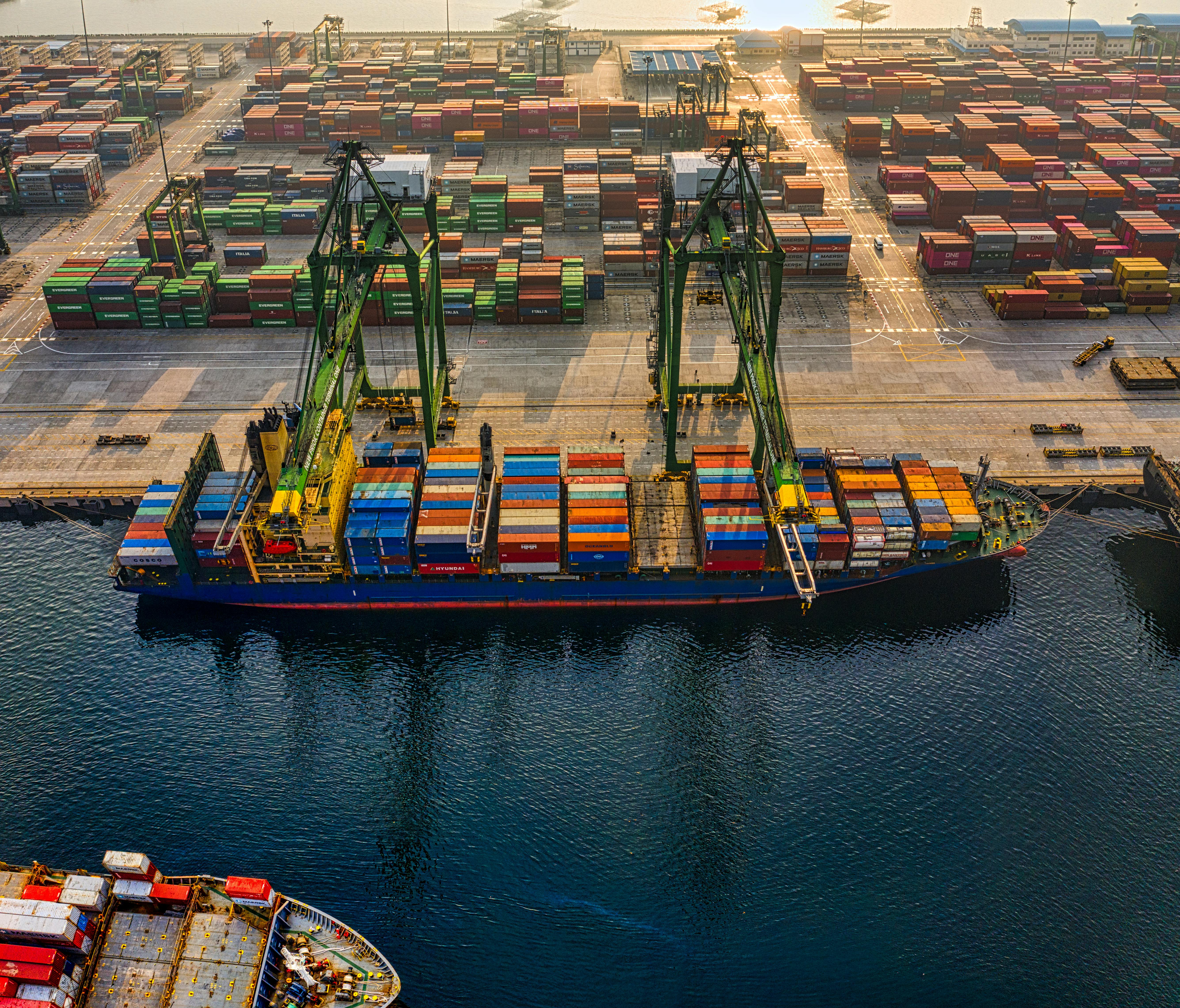Halal Certified Brazilian Sugar
We are pleased to inform you that in early 2021 one of the most competent and responsible sugar suppliers serving Mello Commodity customers obtained Halal Certification for sugar.
“Brazil is currently the third largest exporter of Halal products in the world, second only to China and the United States”.

Contents
Halal products – from Brazil to the world
Brazil demonstrates growth potential in this large market. In 2013, 45.6% of the total 3.918 million tons of chicken exported by Brazil were destined for markets that require halal slaughter. GCC, in particular, with 38%, the main buyers are Saudi Arabia, the United Arab Emirates, Kuwait and Iraq.
Currently, the country has three certifiers: the Federation of Muslim Associations of Brazil (Fambras), the Center for the Dissemination of Islam for Latin America and the Islamic Center of Brazil. All of them have international recognition and are authorized to certify fresh, processed and industrialized foods, cosmetics and hygiene and cleaning products. According to Dib Tarrass, director of the Brazilian Islamic Food Center Halal, an arm of Fambras, issuing the seals for fresh products is the fastest: it takes an average of 15 days.
Beef exports account for 40% of exports, which generated revenues of US$ 1.5 billion, most of it destined for Egypt, Iran and the United Arab Emirates. With great growth potential, Islamic Asia opened its doors in 2011 to the Brazilian meat industry, which is showing promise.
The industrialized market is growing and Brazil is seeking part of this trillion dollar slice. There are currently 135 industries certified by FAMBRAS Halal exporting various products to countries such as the USA, Russia, Saudi Arabia, United Arab Emirates, Malaysia, Indonesia, Singapore, Japan, Europe, among others.
Muslim Consumers
It is a qualified audience, dedicated to religious practices and complying with the precepts they consider essential for the strengthening of the Islamic faith.
• Have the highest per capita income in the world;
• Highest population growth rates in the world;
• The fastest growing middle class in the world;
Consumer surveys in Europe and the US show that Halal certified foods are also being sought after by non-Muslims as the safest way to obtain healthy and quality food.
Islam will be the fastest growing religion in the next four decades. This is what the Pew Center indicated in its report entitled “The future of the world’s religions: Population and Growth Projections 2010-2050”. By 2050, the number of Muslims could reach 2.8 billion. If the prediction is confirmed, Islam will be practiced by 29.7% of the world population.
The Halal Market
Halal trading is emerging as one of the most profitable and influential market areas in the world. According to data and surveys by the Arab-Brazilian Chamber of Commerce, there are 1.8 billion Muslims economically active in the world, an economy that grows faster than the world average: 6.2% in Islamic countries against 5.7% of the other countries. If it were a country, the Islamic world would be the third world economy, behind only the United States and China.
The sector moves US$2.1 trillion worldwide and has the potential to reach more than a billion consumers.
The biggest markets for Halal products are Indonesia, Turkey and Pakistan.
Halal is not just limited to a religious issue; is becoming a global symbol of quality assurance and a lifestyle. Non-Muslims seeking healthier eating are identifying with this concept.
This market force is not to be underestimated: the Muslim population is expanding in the Middle East, North and South Africa, Southeast Asia, part of the former Soviet Union and China. These are regions that represent a profitable chain for the food market. Currently, the two biggest markets for Halal products are Southeast Asia and the Middle East.

The world market for Halal products and foods has great growth potential. Also based on data from the Arab-Brazilian Chamber of Commerce, between 2015 and 2021, the Halal food market tends to grow 63.2%; Tourism, 60.9%; Fashion, 51.4%; Media, 32.3% and Pharmaceuticals, 69.3%.
The biggest markets for Halal products are Indonesia, Turkey and Pakistan. Many people believe that the Muslim population is only in the Middle East, but the largest concentrations are in South and Southeast Asia – and the Asian continent has more than a billion Muslims, or 70% of the total of those who profess the Islamic faith. .
The European Union is also an important Halal market, with approximately 40 million Muslims. France, Germany and England are the biggest markets outside the main Muslim countries.
What is the Halal Certificate?
The Halal Certificate is a document, issued by some government agency or Halal certifying institution, recognized by the Arab countries. It is granted after an inspection at the company producing the goods, attesting that the product followed the precepts of Islam.
WHAT ISLAMIC LAW SAYS ABOUT CERTIFICATION | To get the halal seal, you must follow strict rules, ranging from the way animals are slaughtered to industrialization
| | Meatpackers authorized to produce halal-certified meat must have the slaughter area or the hooks of the production line directed to Mecca, the sacred city of Muslims, so that, at the time of slaughter, the animal has its breast facing that direction The slaughter must be done as quickly as possible, so that the animal has an instant death, without the release of toxins that contaminate the meat |
| All types of vegetables are considered halal, with the exception of those contaminated by pesticides, poisonous ones or those that produce hallucinogenic effects. All vinegar is halal, except for wine and balsamic vinegar. | |
| Derivatives of animal origin used in the food industries will only be halal if the animal is sacrificed according to the precepts of Islamic law | |
| Only cheeses processed using microbial rennet receive the halal seal | |
| Only gelatins extracted from fish and vegetables are considered halal. In Brazil, most gelatine sold is of swine origin, therefore, unsuitable for consumption by Muslims The ‘layers’ adopted by the industry to wrap halal inlaid products must be non-toxic, free of alcohol and porcine gelatin |
How to buy Halal certified sugar in Brazil
Mello Commodity is an Agricultural Commodity Marketing and Sales agency. We market the portfolio of three sugar exporters that together hold quotas in 27 sugarcane mills. One of these suppliers has been in the market for over 40 years and obtained Halal Certification for sugar in early 2021.
In addition, this supplier also has ISO 22000, HACPP, KOSHER AND FDA REGISTRATION.
If you are a genuine buyer and are in demand for Halal certified sugar, please request a quote.
Sources:
http://revistapegn.globo.com/Revista/Common/0,,EMI145700-17164,00-AS+OPPORTUNITIES+DO+MARKET+HALAL.html
https://www.fambrashalal.com.br/viso-geral






